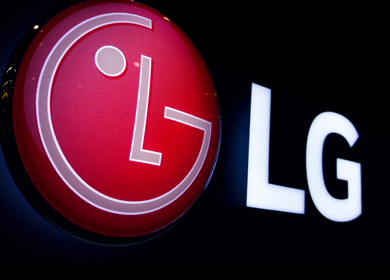Full-funnel approach propels Airbnb: a strategy worth trying!
Published: May 12, 2023

Having a strong marketing strategy is unquestionably important for bringing the business in front of potential customers. Businesses, particularly in digital marketing, must be strategic and spend time analysing and experimenting to find the appropriate techniques that will produce the desired results.
When brands openly state the reason for their success or failure, it provides a great opportunity for marketers and brands to gain an understanding of the potential strategies they have yet to unlock and the types of strategies that may put their businesses at risk.
Airbnb, recently reported its first-ever profitable first-quarter earnings. The company's "full funnel" approach to marketing communications, according to the company, generated this "strong" return on investment.
When we strengthen our brand in search engine marketing with things like social and PR, we have that full-funnel approach, and it works really well.
Dave Stephenson,
Chief financial officer, Airbnb
After admitting that it had previously prioritised performance channels over brand building, Airbnb decided to diversify its marcomms activity in 2021.
Airbnb's revenue was $1.8 billion, a 20% increase year over year, exceeding analyst expectations. Cross-border night bookings increased by 36% year on year, with Asia Pacific experiencing the greatest growth, expanding by more than 40% year on year.
Nonetheless, the company expects average daily rates to be "slightly lower" next quarter when compared to the previous year, owing in part to new host pricing tools introduced earlier this year. To capitalise on the upcoming summer travel season, the company plans to prioritise marketing sooner in the year than in 2022.
Why should marketers adopt a full-funnel approach?
A well-thought-out and data-driven full-funnel marketing strategy is crucial for any business.
As it combines both the power of performance marketing and brand building, it will help the brands ensure there is no gap built between every stage of the buying process and generate more value without spending additional marketing dollars.
And Airbnb’s success reiterates that!
Here are a few challenges we believe marketers will face if they do not implement a full-funnel marketing strategy:
Missing potential customers:
If businesses don’t focus on customers at different stages of their buying process—be it conversions, awareness, or any other—then they will miss out on valuable customers who might have been converted at the end of their balanced marketing strategy.
For instance, assume that company X is solely concerned with conversions. It has no plans to reach out to new audiences. Without putting in effort to widen their reach, establish their standards, how can business X take their business to the next level or even convert their existing target audiences successfully? It is certainly nothing short of losing customers to competitors.
Cannot build relationships with customers:
By neglecting the full funnel approach, businesses will fail to build relationships with customers. As it is the most prominent factor in developing customer loyalty and improving positive word-of-mouth marketing, businesses will end up losing many valuable opportunities for their long-term growth.
Businesses will need to spend more to meet marketing goals:
By focusing only on particular stages of the funnel, businesses will end up spending more to meet their marketing goals. For instance, if a business only focuses on acquiring new customers without having any strategy in place to retain them, it will indeed create a crack in their pot. As a result, they will fail to make the most of their marketing budget.
In essence, a full-funnel approach is a must for businesses to reap the best of their marketing efforts. It will provide them with a clear picture of how their efforts impact the audience or push them from one stage to another so as to make changes in their marketing techniques and produce better results.










Be the first one to comment.